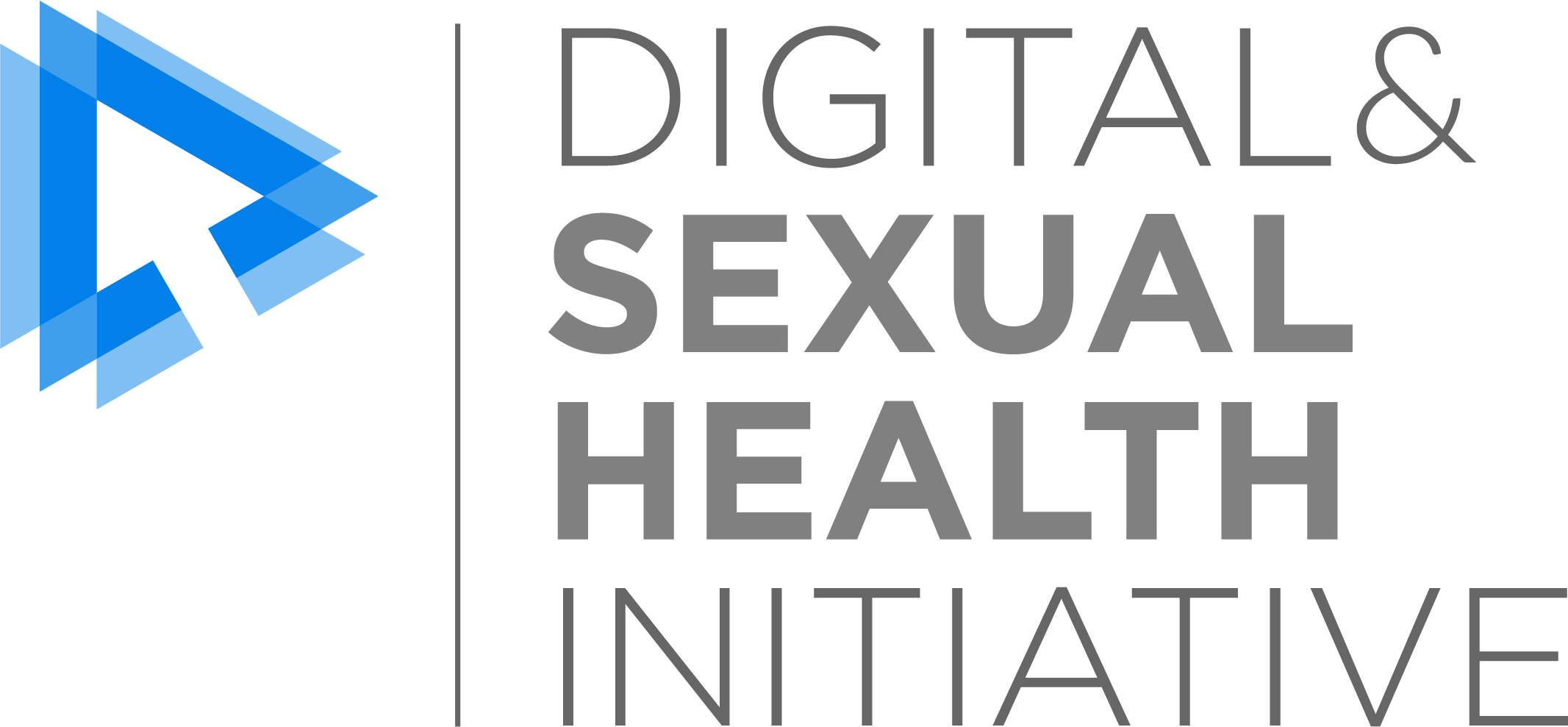Accessing needed sexual health services during the COVID-19 pandemic in British Columbia, Canada: a survey of sexual health service clients
Research theme(s)
Internet Based Testing
Mark Gilbert, Hsiu-Ju Chang, Aidan Ablona, Travis Salway, Gina Ogilvie, Jason Wong, Devon Haag, Heather Pedersen, Sophie Bannar-Martin, Laurence Campeau, Geoffry Ford, Catherine Worthington, Daniel Grace, Troy Grennan.
Sexually Transmitted Infections. 2021. DOI: 10.1136/sextrans-2021-055013.
Objectives: We assessed COVID-19 pandemic impacts on accessing needed sexual health services, and acceptability of alternative service delivery models, among sexual health service clients in British Columbia (BC), Canada.
Methods: We administered an online survey on 21 July–4 August 2020 to clients using a provincial STI clinic or internet-based testing service, GetCheckedOnline, in the year prior to March 2020. We used logistic regression to identify factors associated with having unmet sexual health needs (ie, not accessing needed services) during March–July 2020 and the likelihood of using various alternative service models, if available.
Results: Of 1198 survey respondents, 706 (59%) reported needing any sexual health service since March 2020; of these 706, 365 (52%) did not access needed services and 458 (66%) had avoided or delayed accessing services. GetCheckedOnline users (univariate OR (uOR)=0.62; 95% CI 0.43 to 0.88) or clients with more urgent needs (eg, treatment for new STI, uOR 0.40 (95% CI 0.21 to 0.7)) had lower odds of unmet sexual health needs. The most common factors reported for avoiding or delaying access were public messaging against seeking non-urgent healthcare (234/662, 35%), concern about getting COVID-19 while at (214/662, 32%) or travelling to (147/662, 22%) a clinic or lab and closure of usual place of accessing services (178/662, 27%). All factors were positively associated with having unmet sexual health needs, with public messaging showing the strongest effect (adjusted OR=4.27 (95% CI 2.88 to 6.42)). Likelihood of using alternative sexual health service models was high overall, with the most appealing options being home self-collection kits (634/706, 90%), receiving test kits or antibiotics at home (592/700, 85%) and express testing (565/706, 80%).
Conclusions: Of BC sexual health service clients needing services during March–July 2020, many had unmet needs. Offering alternative service delivery methods may help to improve access during and beyond the COVID-19 pandemic.
